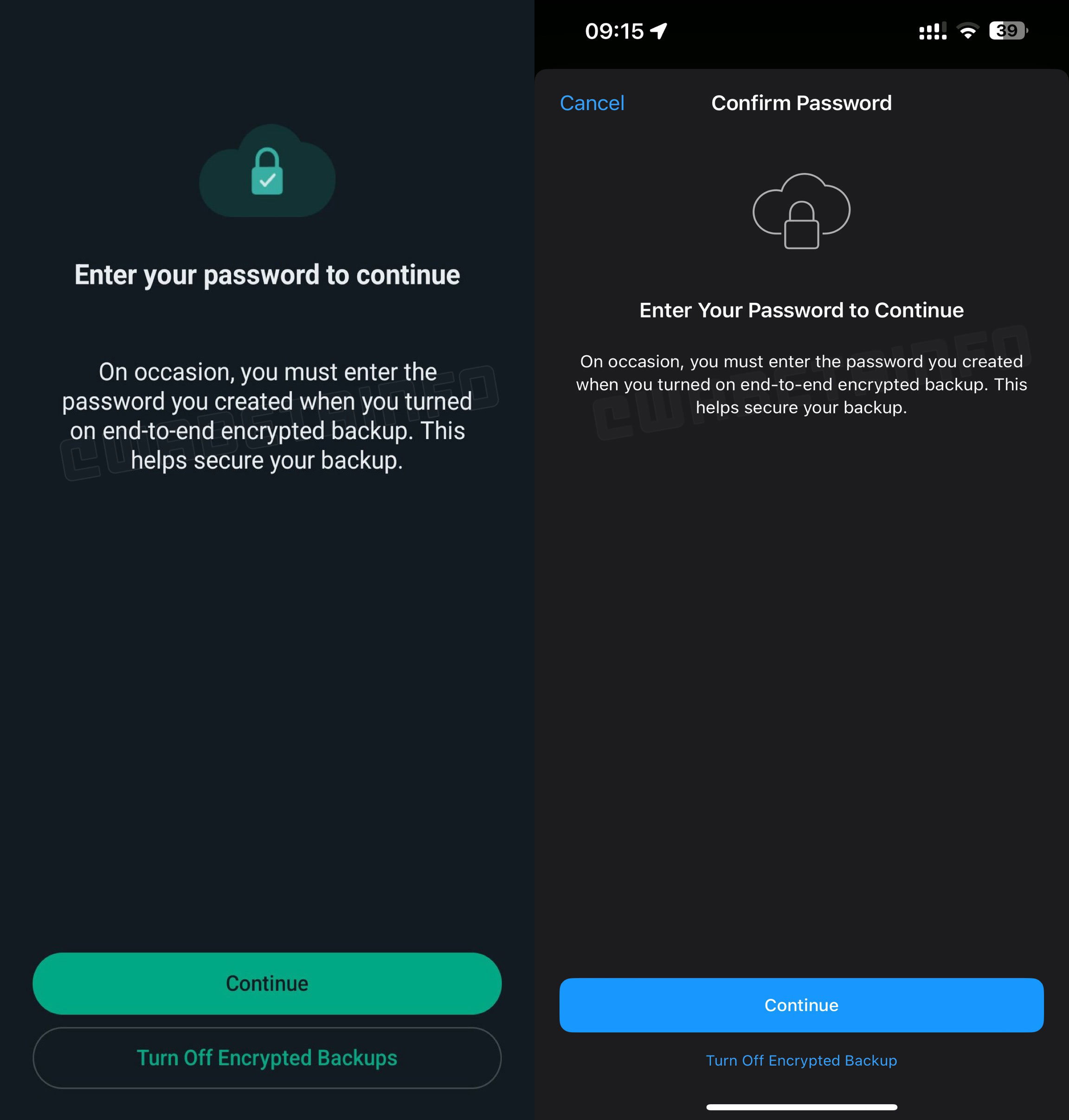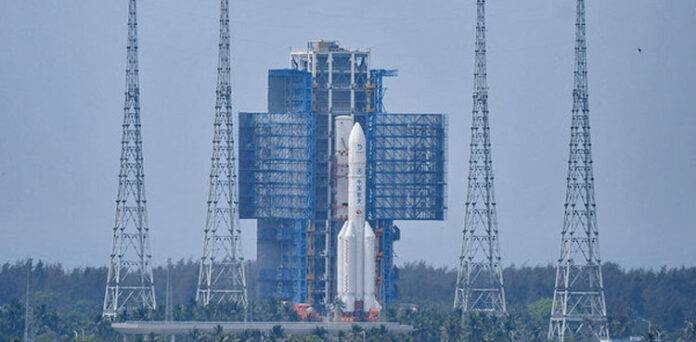Tech
WhatsApp to let users verify passwords for end-to-end encrypted backups

Business
Pakistan’s lunar mission ‘ICUBE-Q’ reaches the moon orbit.
Education
The establishment of IT labs in Islamabad’s educational establishments
Latest News
Pakistan launches first-ever lunar mission with iCube Qamar
-

 Latest News3 days ago
Latest News3 days agoThe women’s team from Pakistan travels to England for a white-ball series.
-

 Business3 days ago
Business3 days agoSaudi investment and falling inflation cause Pakistani stocks to soar.
-

 Pakistan3 days ago
Pakistan3 days agoTo discuss privatisation with the government, Bilawal establishes a committee.
-

 Education2 days ago
Education2 days agoThe establishment of IT labs in Islamabad’s educational establishments
-

 Business3 days ago
Business3 days agoSaudi investment is most suited for Pakistan, according to Ibrahim Al-Mubarak
-

 Business3 days ago
Business3 days agoNine months yields Rs66 billion for Pakistan Railways.
-

 Latest News3 days ago
Latest News3 days agoThe wheat controversy is downplayed by Anwar-ul-Haq Kakar as a “storm in a teacup.”
-

 Latest News3 days ago
Latest News3 days agoToday, 190 million pounds in NAB reference cases and cypher will be heard by the IHC.
























